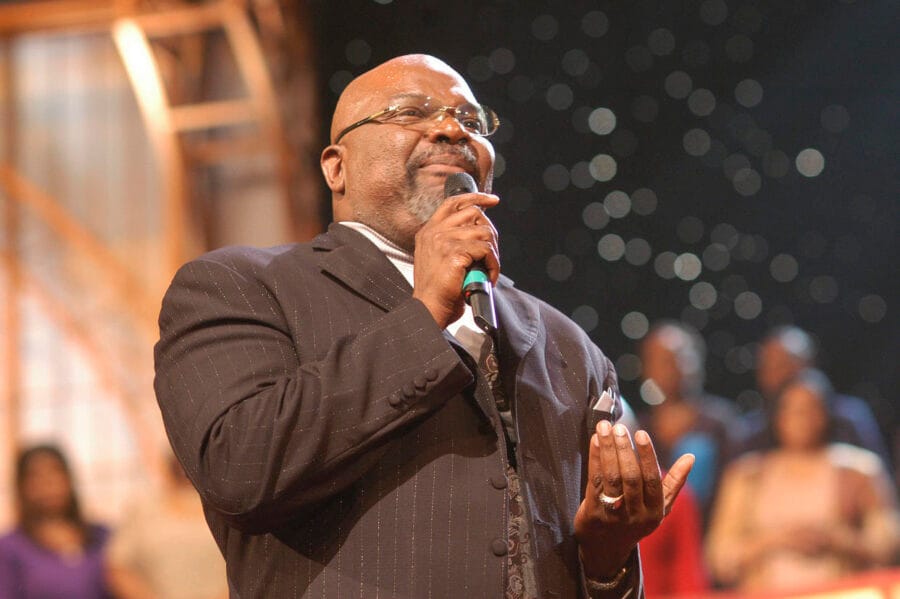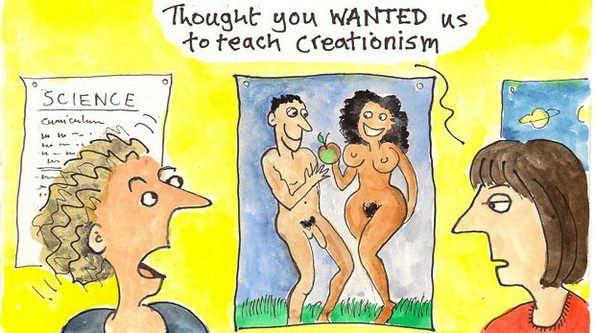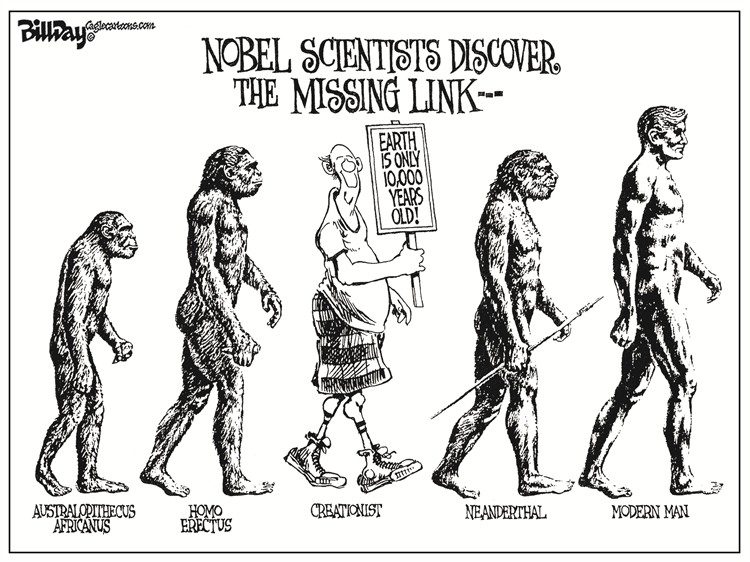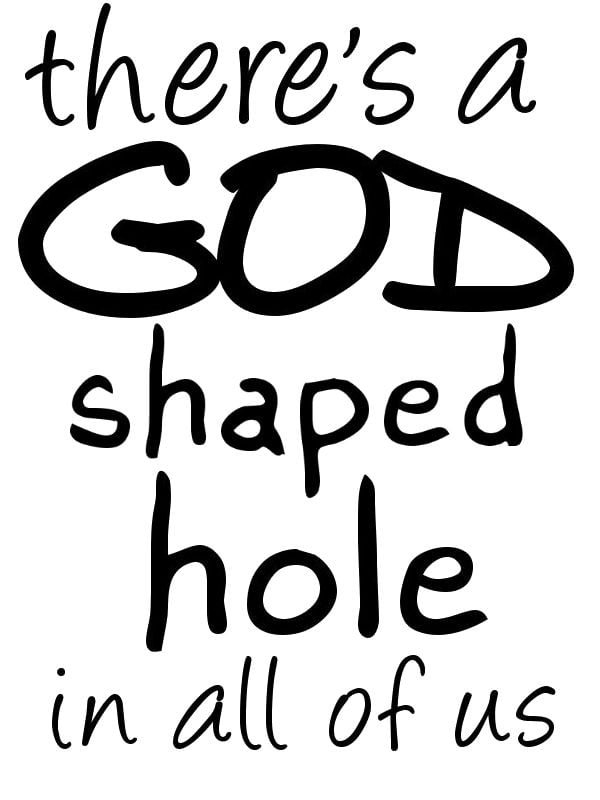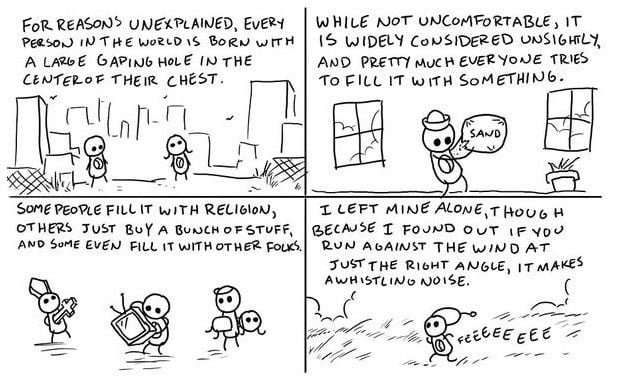
Excerpted from France 24, Donald Trump’s pledge to ‘drill, baby, drill’ meets the reality of fracking in rural Pennsylvania, January 19, 2025
A double yellow line marks the centre of Route 29, expanding at the top of each rolling hill that sweeps across the frozen landscape of northeast Pennsylvania. From the former coal fields of Wilkes-Barre to the topmost border of the state, the road cuts through sleepy rural neighbourhoods littered with Trump signs and fading Christmas decorations.
Pulling into Dimock, a majority-White township with just over a thousand inhabitants, wide tyre marks start to form on either side of the yellow line. Hundreds of trucks shuttling equipment and water to fracking wells in the area have become part of the decor.
Joe Wilson pulls up to his neighbour Ray Kemble’s house in a pick-up truck hauling a 700-litre water tank he filled from a hydrant about a 20-minute drive away.
“You wouldn’t think that in America, people would be delivering water to houses just so they can take a shower,” he says. “This is the kind of stuff they do in Africa.”
More than two kilometers below his feet, billions of dollars worth of natural gas runs through the veins of the Marcellus Shale – the largest gas field in the United States.
The surface and groundwater used to supply homes in Dimock have become so contaminated with chemicals used during the fracking process that residents have lost access to clean water. As a result, neighbours have had to jumble together innovative solutions to help each other out.
“I deliver to Ray’s house once a week. He lives alone so he doesn’t need as much water. But there are five of us back home, so I have to drive back and forth from the hydrant to my house four times a week,” Wilson says, his face marked with exhaustion. “It becomes a chore.”
The 39-year-old construction worker siphons the water into Kemble’s basement tank using a long hose and waits for it to empty out. It takes about an hour to finish the whole operation and fill the reserve, which is normally intended for storing and transporting water for livestock.
The tank is attached to a pump which sends water to Kemle’s kitchen and shower, but it is not safe to drink. On top of the thousands of litres Wilson shuttles around each week, he and Kemble have to get additional jugs of bottled water to make coffee, brush their teeth or cook pasta.
Fracking is slang for hydraulic fracturing, a method used to extract natural gas or oil found in shale by drilling into the ground, then injecting water and other chemicals at high pressure underground to crack open existing fissures. The first company to start drilling for natural gas in Dimock, Cabot Oil & Gas, arrived in 2006 – riding the wave of the US fracking boom that would eventually turn Pennsylvania into the nation’s second-largest natural gas producer.
But shortly after Cabot’s arrival, locals started to fall seriously ill and Dimock saw its water turn brown. The contamination was so severe that people could put a match to a running tap and it would light on fire due to the high levels of methane in the water. A well near a house in the township even exploded as a result.
Enraged residents began filing lawsuits against the company in 2009 and kick-started what would become a litigation odyssey. A state investigation ultimately concluded that deficient gas wells drilled by Cabot had leaked unfettered amounts of methane into the township’s aquifer. The company was banned from fracking in Dimock in 2010.
Kemble, a former gas trucker who has been at the forefront of the fight from the very start, pulls out a printed report of the water testing done by the Pennsylvania Department of Environmental Protection (DEP) that same year. “I’m not worried about just the methane coming through. Here’s the other 60-plus chemicals that are coming in with that methane,” he says, puffing on his pipe. The report includes arsenic and uranium, the latter of which is an important risk factor for developing chronic diseases.
A grand jury investigation found Cabot guilty of environmental crimes in 2020. But two years later, the situation regressed. Rebranded as Coterra Energy under a merger, the ban was quietly lifted and the company got permission to open 11 new fracking wells outside a 23-square-kilometre radius drawn around the township. In exchange, Coterra had to pay $16 million for a public water system set to be completed in 2027.
….
The majority of fracking wells are located in Republican counties across Pennsylvania, including here in Susquehanna County, where Trump won over 70 percent of votes in the 2024 election. Even though the environmental and health consequences fracking has had on Dimock shows a darker reality behind Trump’s promise to “frack, frack, frack” and “drill, baby, drill”, locals seem undeterred in their support for the incoming president.
Except for Kemble, who thinks Trump “is a lunatic anyway”. He is still registered as a Republican but contrary to most of his neighbours, Kemble did not vote for Trump in the 2024 presidential election because “he is all in with the industry”.
Along the main road, a colossal banner pasted on the front of a white, barn-like building reads “Trump coming soon”. Ironically, it was supposed to be a treatment site for fracking wastewater, but the project was put on hold because local authorities deemed it too dangerous. The building has been vacant for years.
Back at Kemble’s house, the gun-carrying Craig Stevens slaps his contact card onto the long wooden table where Kemble is sitting. It is bright yellow and has a snake coiled around an oil rig in the centre, a reference to the flag used by the right-wing Tea Party movement. The card reads “patriots from the oil & gas shales – don’t tread on me”. Along with Kemble, he is spearheading the battle against Coterra.
Stevens describes himself as a “former right-wing conservative” and insists that he is “not anti-drill” but rather “pro-clean air and water”, which is why he is also one of the few inhabitants here who didn’t vote for Trump either.
“Locals here will not talk about fracking because most of them have their hands in the pockets of the industry. They’ve signed gas leases in exchange for money and are contractually forbidden to speak out due to non-disclosure agreements,” Stevens says.
Trump made promises to boost oil and gas production by opening more drilling permits and increasing fracking leases on federal lands. But in the US, the vast majority of fracking takes place on state and private land. Gas companies can make deals with landowners to drill on their property, often in exchange for monthly payments in the form of royalties.
“It is a very sensitive subject here in Dimock,” a woman living in the community admits. She prefers to remain anonymous because her family has “had some problems” but “can’t talk about it”. There is a gas well close to her property that not only brought noise pollution but also caused “water issues”.
To solve the problems the family was having, they reached “a settlement” with Coterra, who installed a massive filtration system in their house so they could access clean water. In return, they agreed not to speak publicly about the contamination.
She says that money is the reason people will continue supporting Trump regardless of whether they are affected by the environmental and health consequences of the fracking around Dimock. “Some people get most of their income from the royalties [of gas leases on their property],” she explains. “[Those] with a ton of land like farmers have lots of wells on their properties,” and because they have a hard time making ends meet through agriculture, they sign gas leases.
Coterra has not only put money in the pockets of residents but has also funded local schools and given over $1 million to Susquehanna County for scholarships. A red brick hospital complex located about a 20-minute drive north of Dimock bears an unmistakable Coterra logo on its façade.
You may read the rest of the story here.
Bruce Gerencser, 68, lives in rural Northwest Ohio with his wife of 47 years. He and his wife have six grown children and sixteen grandchildren. Bruce pastored Evangelical churches for twenty-five years in Ohio, Texas, and Michigan. Bruce left the ministry in 2005, and in 2008 he left Christianity. Bruce is now a humanist and an atheist.
Your comments are welcome and appreciated. All first-time comments are moderated. Please read the commenting rules before commenting.
You can email Bruce via the Contact Form.



